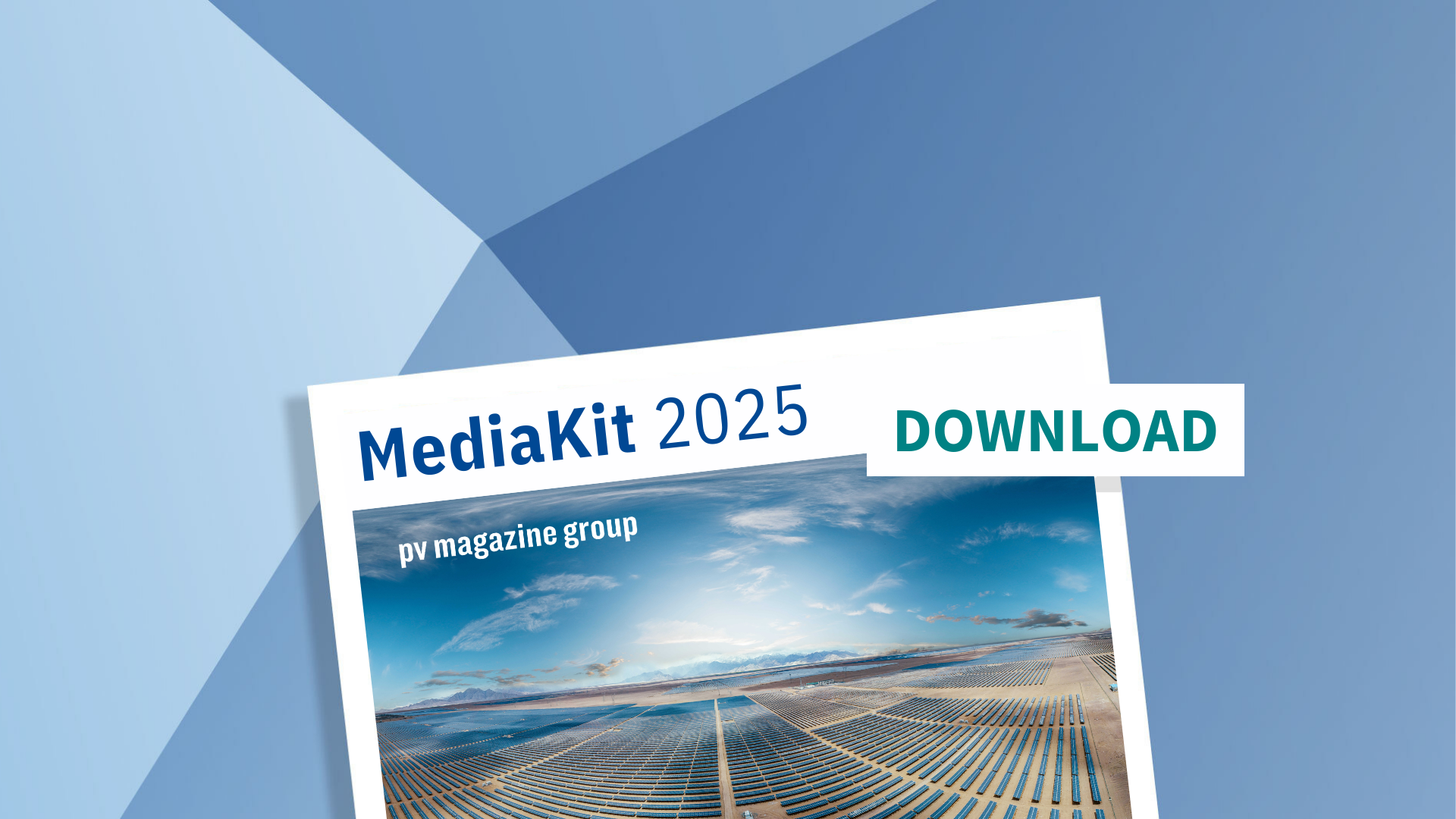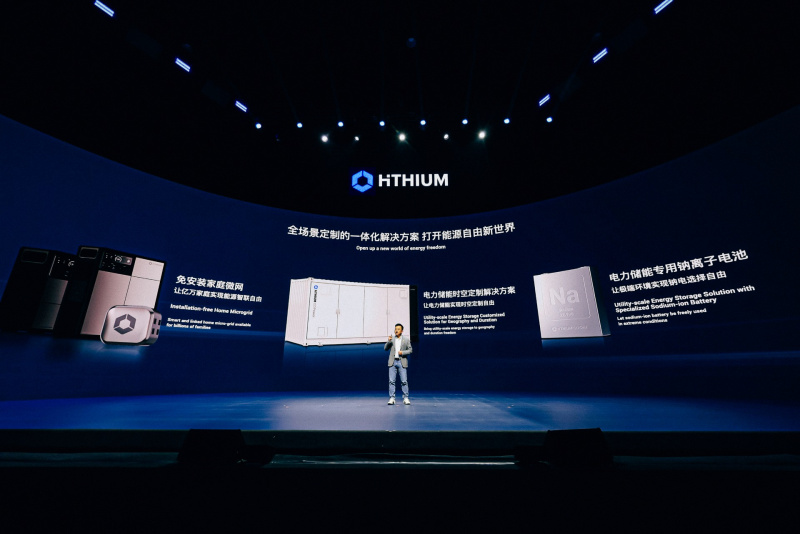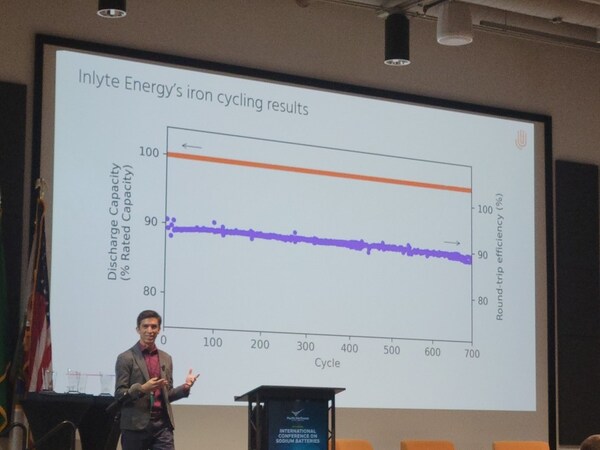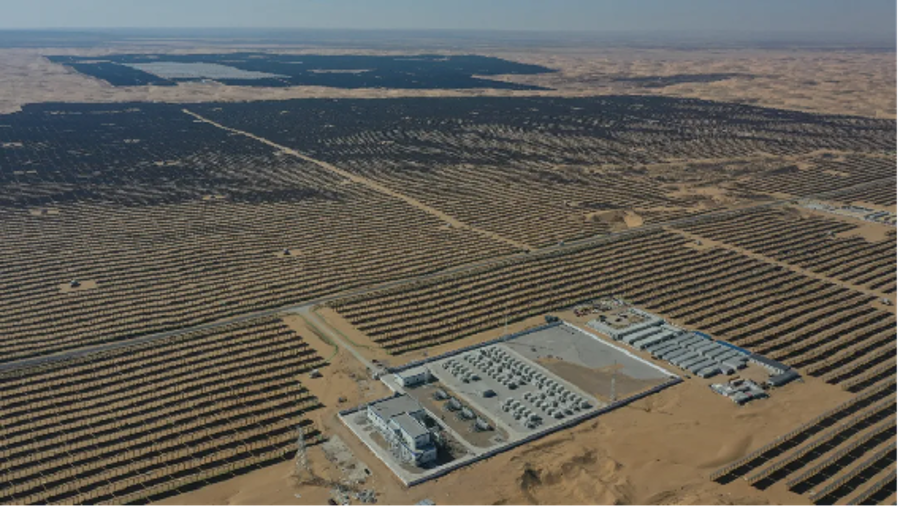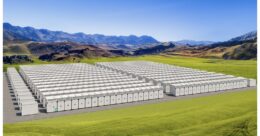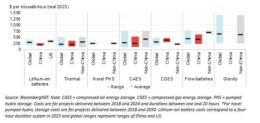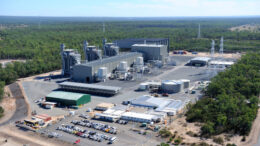UL Solutions introduces new testing protocol for residential battery storage systems
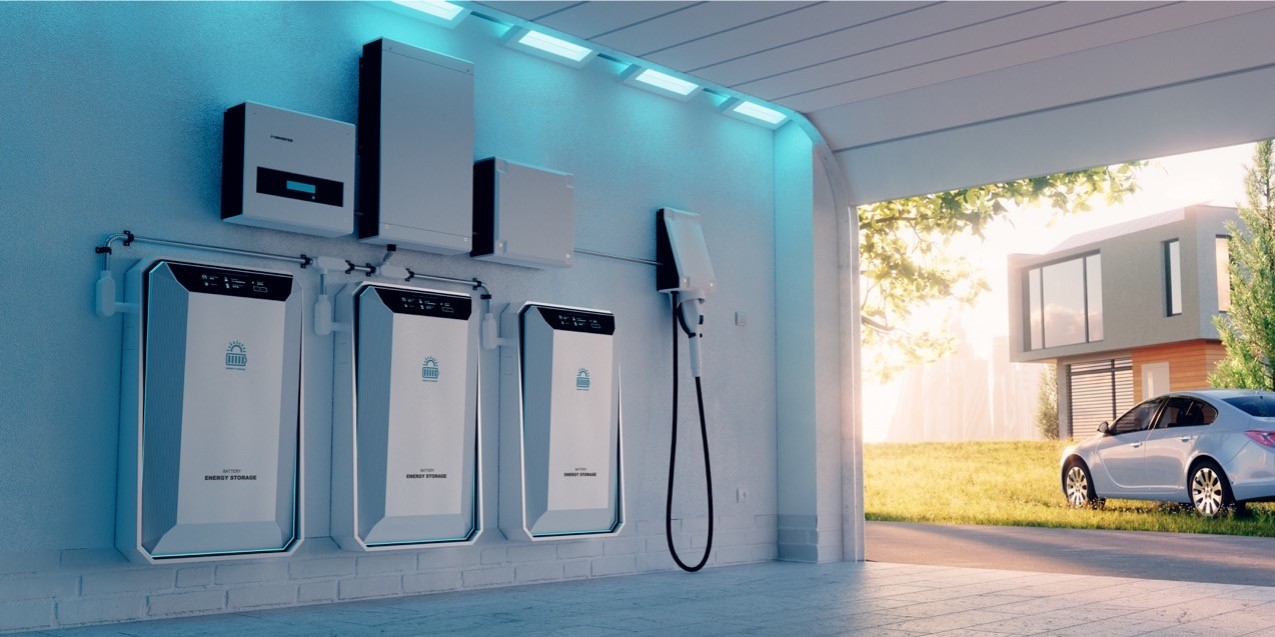
Electrical standards provider UL Solutions has announced a new testing protocol that addresses fire service organizations’ demand for enhanced evaluations of residential battery energy storage systems (BESS).
The UL 9540B Outline of Investigation for Large-Scale Fire Test for Residential Battery Energy Storage Systems includes a testing protocol with a robust ignition scenario and enhanced acceptance criteria. It evaluates the fire propagation behavior of a BESS if the vented gases from a battery inside the residential energy storage system are ignited.
Since battery energy storage systems were first deployed a decade ago, UL Solutions has been addressing the associated fire safety concerns by working with fire protection and battery experts, original equipment manufacturers, code authorities, and other key stakeholders to enhance the test methods for evaluating thermal runaway fire propagation in BESS.
The organization previously developed the energy storage industry’s safety benchmarks – UL 9540, the Standard for Energy Storage Systems and Equipment, and UL 9540A, the Standard for Test Method for Evaluating Thermal Runaway Fire Propagation in Battery Energy Storage Systems.
The new UL 9540B is not intended to replace any of the previous standards but rather work in concert with UL 9540 and UL 9540A “to provide a holistic approach to safety and fire behavior,” the organization said in announcement last Friday.
This means that both UL 9540B testing, which can generate large-scale fire data for fire officials to assist them in evaluating residential BESS installations, and UL 9540A fire propagation testing will be implemented to determine compliance with BESS installation codes and standards such as the National Fire Protection Association (NFPA) 855 standard and the International Fire Code (IFC).
Namely, UL 9540 certification and UL 9540A testing are required to get products accepted into the US and other markets. However, some jurisdictions in North America do not consider UL 9540A to be representative of a large-scale fire test as required by their local fire code — the 2022 edition of the California Fire Code, for example.
In those cases, the Code Authority requires an additional large-scale fire test for residential energy storage systems, and therefore, UL 9540B was developed to fill the gaps.
“UL Solutions listened to fire service concerns, and together, we developed a test solution that provides an acceptable level of fire safety without introducing unnecessary impediments to the deployment of safer, cost-effective residential battery energy storage systems,” said Robert Marshall, deputy chief of San Mateo Consolidated Fire Protection District.
“At UL Solutions, we are committed to using our safety science expertise to help our many stakeholders find solutions to the challenges arising in the rapidly evolving energy transition landscape,” said Milan Dotlich, vice president and general manager of the UL Solutions Energy and Industrial Automation group. “The development of UL 9540B in just a few months demonstrates our commitment to quickly providing effective safety resources to support the transition to renewable energy.”



